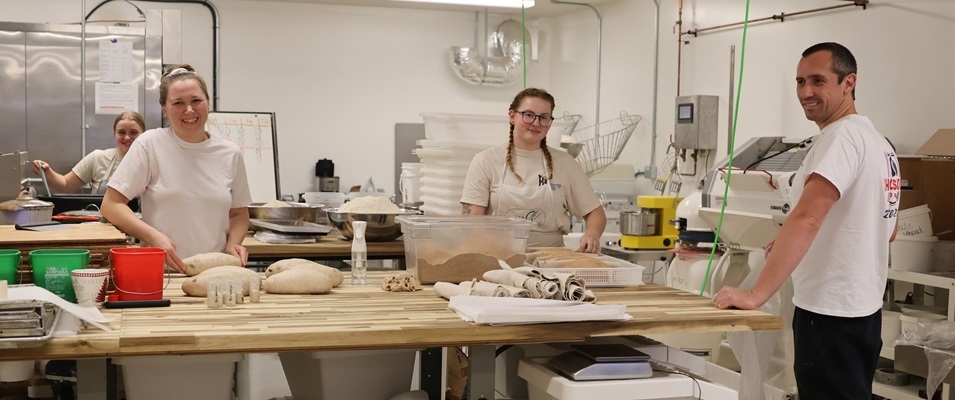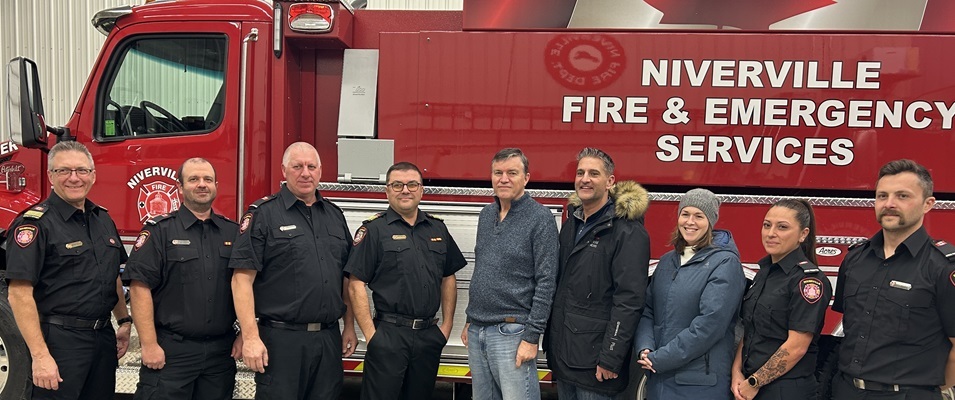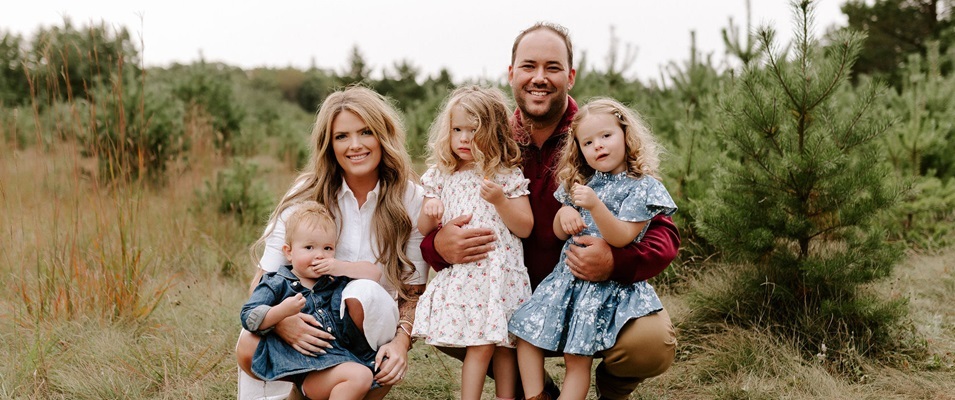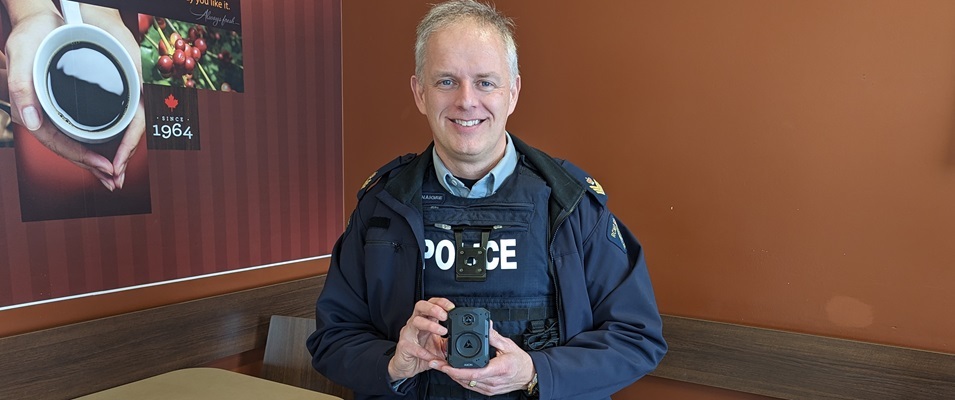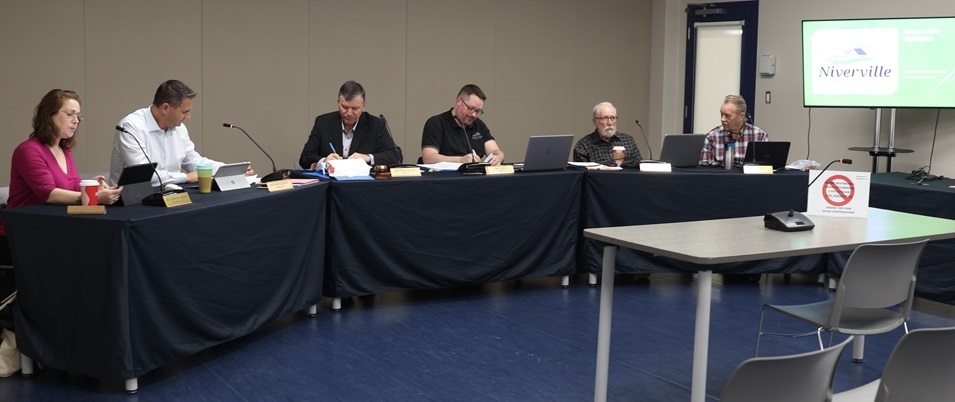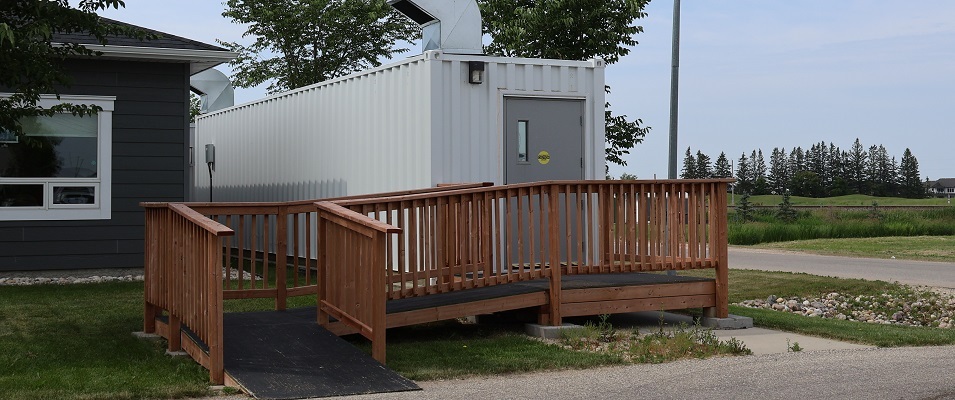
In an effort to safely connect families with their aging loved ones, 104 portable visitation shelters were provided by the provincial government to personal care homes across Manitoba during the COVID-19 pandemic.
The pods were glorified shipping containers retrofitted with doors, a window, electricity, and an HVAC unit. They provided isolated spaces where families could enjoy a safely distanced visit with a loved one without entering the PCH itself.
Today, all 104 pods are finding new homes.
“We commissioned these visitation shelters during the pandemic so personal care home residents could spend quality time visiting with their families in secure, accessible spaces,” says James Teitsma, Minister of Consumer Protection and Government Services. “Now that they are no longer required for this purpose, we are donating them for a range of other wonderful uses for the continued benefit of Manitobans.”
Twenty-seven special interest groups will benefit from the pods, with 43 going to First Nations communities, 55 to not-for-profit agencies, and six to municipalities who expressed an interest.
The pods will be repurposed for housing and accommodations, recreation and sporting needs, animal care, vegetation, farming, and a variety of other uses.
Recipients include the Assiniboine Park Conservancy, Bear Clan Patrol, K9 Advocates Manitoba, the Winnipeg Folk Festival, and Wildlife Haven Rehabilitation Center in Île-des-Chênes.
Zoe Nakata is the executive director of Wildlife Haven. She says they were recently notified of their eligibility for four of the pods, which are currently located in Ste. Anne, Steinbach, and St. Pierre-Jolys.
Nakata is excited for the extra capacity they’ll have at the animal rehab centre once the new pods are in place. Largely, she says, they’ll be used as isolation spaces when bio-security is a concern.
“Right now is a time of avian influenza and other zoonotic diseases,” says Nakata. “There’s often concerns of transmissible diseases, so for one of the pods, it’s going to act as a quarantine triage intake area.”
Another example where short-term quarantine is often needed, she says, is when a litter of foxes is brought in and one of them has a contagious disease called mange.
All of the selected pod recipients bear the responsibility for costs related to transporting the shelters to their new locations.





